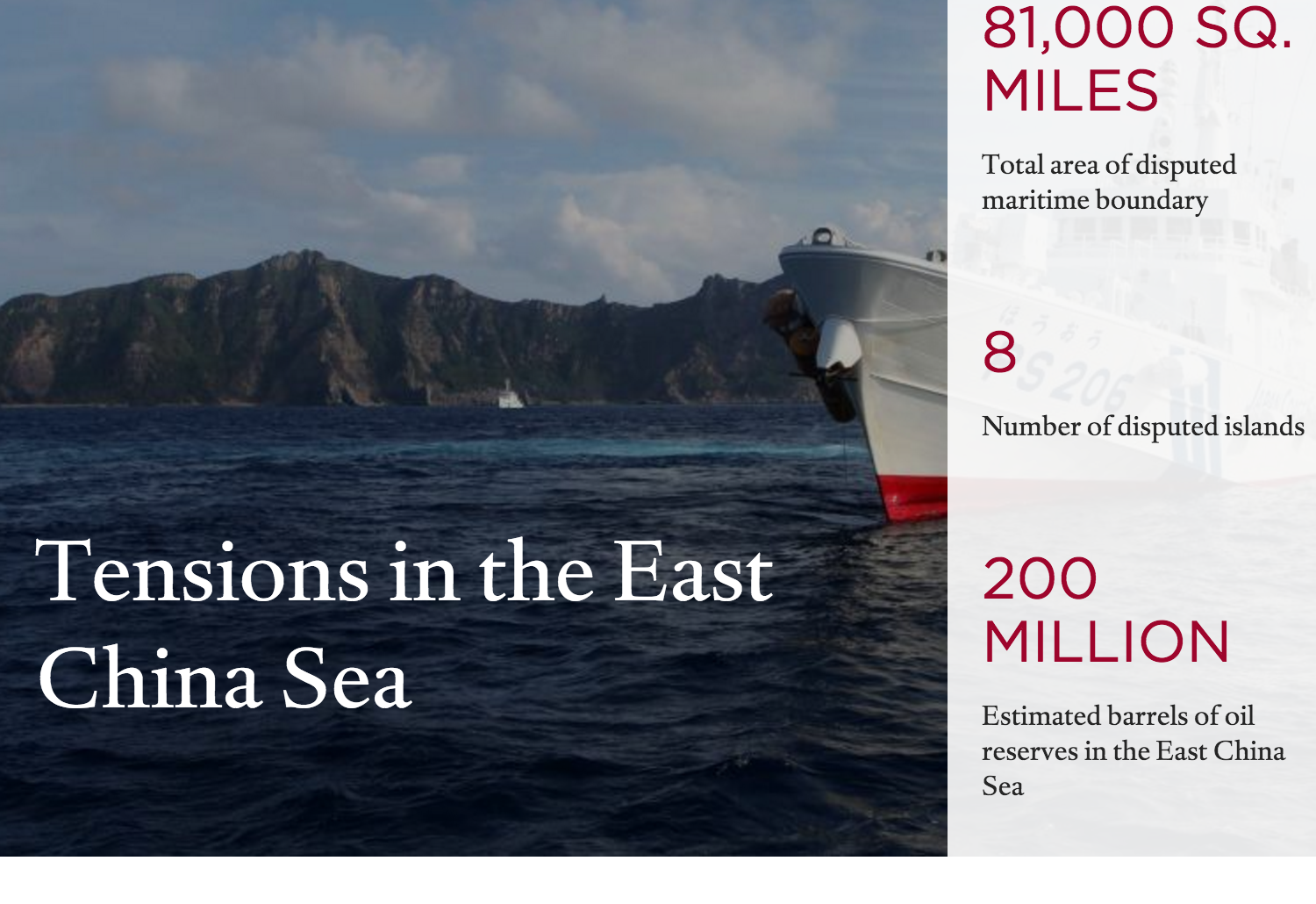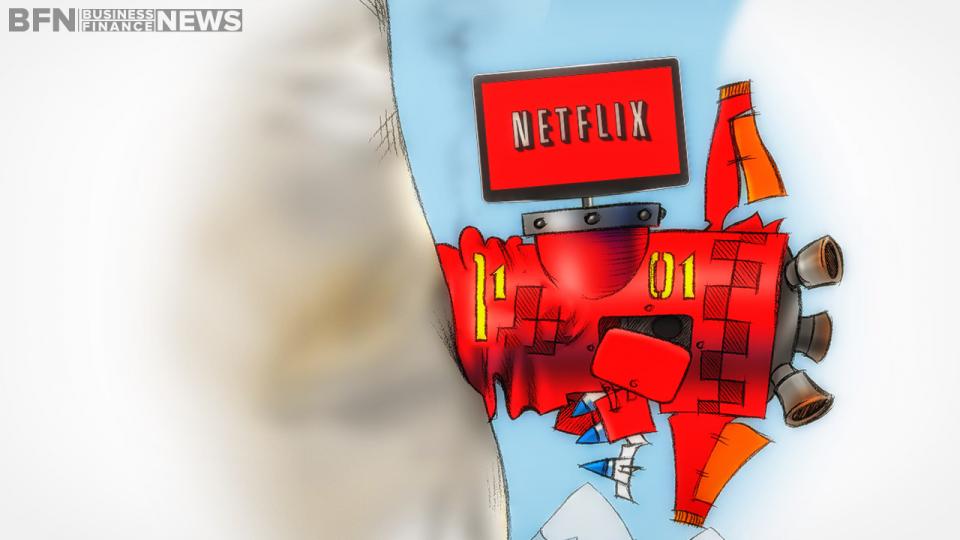Obama Administration Drops Atlantic Drilling Plan
Mar 24, 2016
It drew instant opposition from seaside and tourist communities in all those states, including Myrtle Beach and Charleston in SC . The Department of the Interior is expected to announce full details of the new measures some time this week.
Tinder takes on 2016 with "Swipe the Vote"
Mar 24, 2016
Tinder will now allow users in the U.S.to match with a presidential candidate , and love's got nothing to do with it. Tinder will collect and anonymize the data, and says the results may be released at a later date.
South Korea confirms first case of Zika virus
Mar 24, 2016
She said Hawaii must take precautionary measures like reducing mosquito breeding sites to cut the state's risk for an outbreak. The researchers have now found strong associations with the Zika virus and several north defect associated with the virus.
How to enable Night Shift while using Low Power Mode
Mar 24, 2016
CarPlay now has location based recommendations and a deeper tie with Apple Music's recommendations and new release features. A "nearby" feature in maps will make it simple to find everything from a gas station to restaurants, coffee shops and more .
Ohio State AD Gene Smith Apologizes For Michigan Comments
Mar 24, 2016
He started off with subtweets, but now he's calling out figures in college football by name. with no regard for human life. Smith, however, seemed to take a harsher stance against the Buckeyes potentially taking spring practice down South.
SC police officer killed trying to serve warrant
Mar 24, 2016
Greenville police saw confirmed gang member Deontea Perry Mackey, 17, Friday afternoon and stopped to conduct a field interview. Two officers were chasing the suspect on foot, and they observed him take his own life, Miller said.
Google Glass' apparent successor debuts-on a pawn shop's eBay page
Mar 24, 2016
First spotted by 9to5google, the headset is said to be Google's yet-to-be-revealed Google Glass Enterprise Edition. Similarities include a folding hinge as well as an outward-facing LED light, and a different charging interface.
Buddy Hield One of Final Four in Running for 2016 Naismith Trophy
Mar 24, 2016
James Naismith, the Naismith Trophy is awarded annually to the women's and men's college basketball players of the year. The Spartans senior guard ended his season averaging 19.2 points, 7.8 assists and 7.6 rebounds per game.
US grants China's ZTE temporary export license through June 30
Mar 24, 2016
ZTE said at the time the restrictions were announced that it was "working expeditiously towards resolution of this issue". The trade sanctions imposed on ZTE on the first week of March was fallout of 2012 investigation by U.S.
Read This Before You Do Your Taxes
Mar 24, 2016
IRS officials also urge you to use strong firewall and anti virus protection on your computer, with a strong password. The membership organization and lobbying group for people age 50 and over has more than 5,000 locations nationwide.
Prepare now for severe weather this spring
Mar 24, 2016
According to the OEM, tornadoes are common in Virginia, so people need to know what to do if a warning is issued for their area. A deadly tornado one month ago in Appomattox County is a reminder to all of us that tornadoes can happen any month of the year.
Car stolen with baby inside
Mar 24, 2016
An Amber Alert issued at around 5:15 p.m.by the Ontario Provincial Police, soon after, resulted in an intense police hunt. The car's license number is BWRC161 and police describe the suspected thief as having blond hair and being in his 40s.
Turkish leader: Kurdish militants could also hit Europe
Mar 24, 2016
Twelve German citizens were killed in a suicide attack in Istanbul in January that was claimed by the Islamic State. The statement added that the main target of the Sunday attack was the security forces of the Turkish government.
Opportunity missed to beat England: Afghan spinner
Mar 24, 2016
Stanikzai said he was proud that their efforts have been noticed and hoped it would act as a stepping stone for consistency. They may be the minnows but Afghanistan has thrown quite a few good fast bowlers, who can bowl above 140kmph regularly.
Doom multiplayer trailer is fast and bloody
Mar 24, 2016
It is simply two teams pitted against one another using their best customisations and loadouts, powerups and power weapons. The demon rune will make an appearance in this game, as well, and gamers will be able to un-freeze frozen players.


